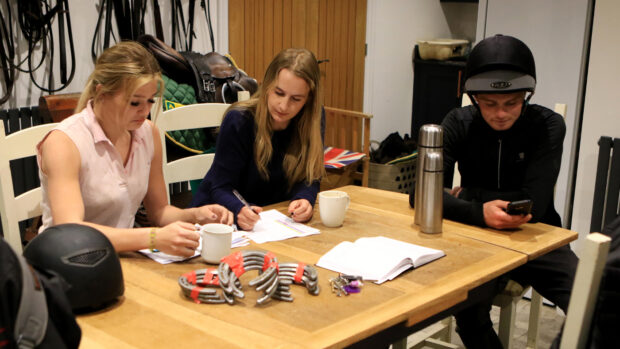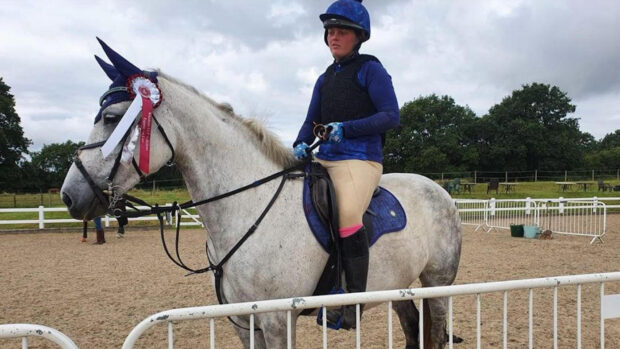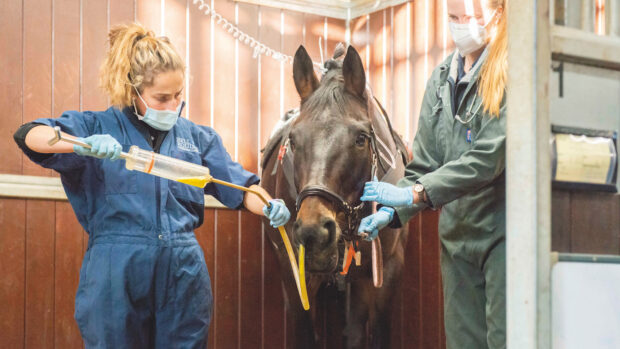Britain’s first new vet school for 50 years is poised to welcome its first intake of undergraduates this week.
The University of Nottingham’s School of Veterinary Science, now the seventh in the UK, admitted 96 students to its five- and six-year courses in veterinary medicine and surgery on Monday.
“Students gain knowledge and experience of equine surgery and medicine from day one, and year five students will undertake several clinical rotations involving equine medicine and surgery,” said Dr Karen Braithwaite, director of academic support and administration at the school.
Although students cannot specialise directly in horses, equine studies are integrated into the course. Nottingham has invested in bespoke facilities and state-of-the-art equipment, including a surgical suite and clinical labs, on its Sutton Bonnington campus.
The school is not opening an animal hospital, but working with “clinical associates” to support teaching. One of these is Oakham Equine Hospital. The department has also installed 12 stables and a manège for students who wish to bring their own horse.
Veterinary medicine is an increasingly oversubscribed subject — Nottingham had some 800 applicants for its 96 places. Although numbers of places on existing courses at London, Liverpool, Cambridge, Bristol, Glasgow and Edinburgh are rising, they are consistently filled.
Hundreds of disappointed candidates are turned away and many resort to studying abroad in countries such as Hungary and New Zealand.
According to the Royal College of Veterinary Surgeons (RCVS), with whom all UK vets are registered, 54% of their annual registrations are from vets who have trained overseas.
Despite this, there has been industry concern that the course at Nottingham will lead to a flood of newly qualified vets on the market. RCVS spokesman Lizzie Lockett hopes this will prove unfounded.
“The veterinary profession is listed by the Home Office as a skills shortage occupation, and only 1% of vets are currently unemployed,” she said. “And there is a shortage of qualified vets in some specific areas, such as large animal practice and food hygiene.”
For more details visit: www.nottingham.ac.uk/vet




